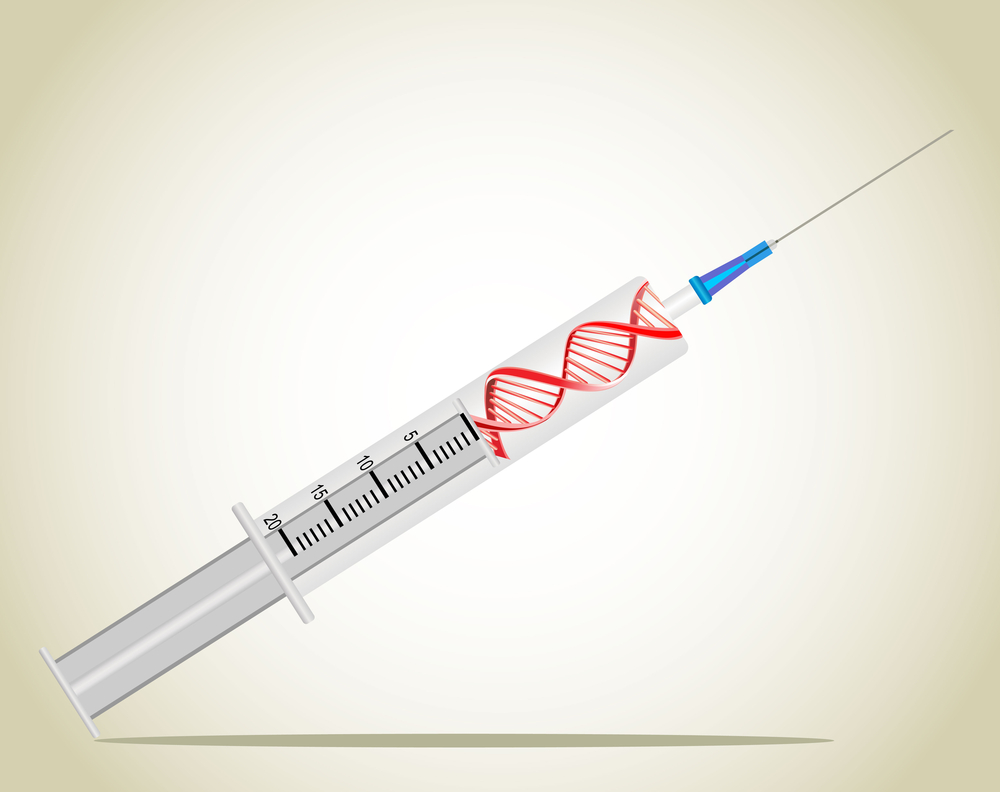Inhibrx, a biologic therapeutic company focused on the treatment of high unmet medical needs in oncology, infectious disease and inflammatory conditions, and The Alpha-1 Project, Inc. (TAP), a wholly owned subsidiary of the Alpha-1 Foundation, recently announced that they have signed a collaborative agreement to advance a recombinant alpha-1 antitrypsin (AAT) therapeutic for hereditary emphysema. Based on the agreement, TAP will be making an equity investment in Inhibrx’s AAT candidate. The contract’s financial terms, however, were not disclosed.
Hereditary emphysema results from a deficiency in AAT, which is the protective protein that protects lung tissue from destructive inflammatory enzymes. Without this protein’s protection, those with emphysema experience the debilitating effects of accelerated lung tissue breakdown. “Recent studies show augmentation therapy with plasma derived AAT protein is effective in slowing the progression of lung destruction in patients with Alpha-1,” said John Walsh, CEO and co-founder of the Alpha-1 Foundation.
Inhibrx’s product candidate is a fully active recombinant AAT IgG Fc fusion protein designed to reduce inactivation by oxidative processes and improve half-life. In animal models of the disease that received the drug intravenously, the drug was observed to reach lung tissues and induce significant inhibition of neutrophil elastase activity.
The company conducted ex-vivo immunogenicity tests to demonstrate the therapeutic’s lowered risk compared to serum-derived AAT, as these are obtained from pooled serum from donors and poses the risk of allelic variation in the final product. Inhibrx’s recombinant proteins, however, come from clonal genetic material, better ensuring a homogenous product.
“Inhibrx’s AAT-Fc therapeutic should benefit patients with enhanced efficacy and less frequent dosing,” said Mark Lappe CEO of Inhibrx. “In addition, our therapeutic has superior manufacturing economics and is scalable as demand increases.”
“This is another example of TAP collaborating with industry to accelerate the drug development process,” said Jean-Marc Quach, Executive Director of TAP. “If we are successful in our efforts, our patients will experience an improvement in the quality of life through less frequent dosing and enhanced efficacy,” he added.

